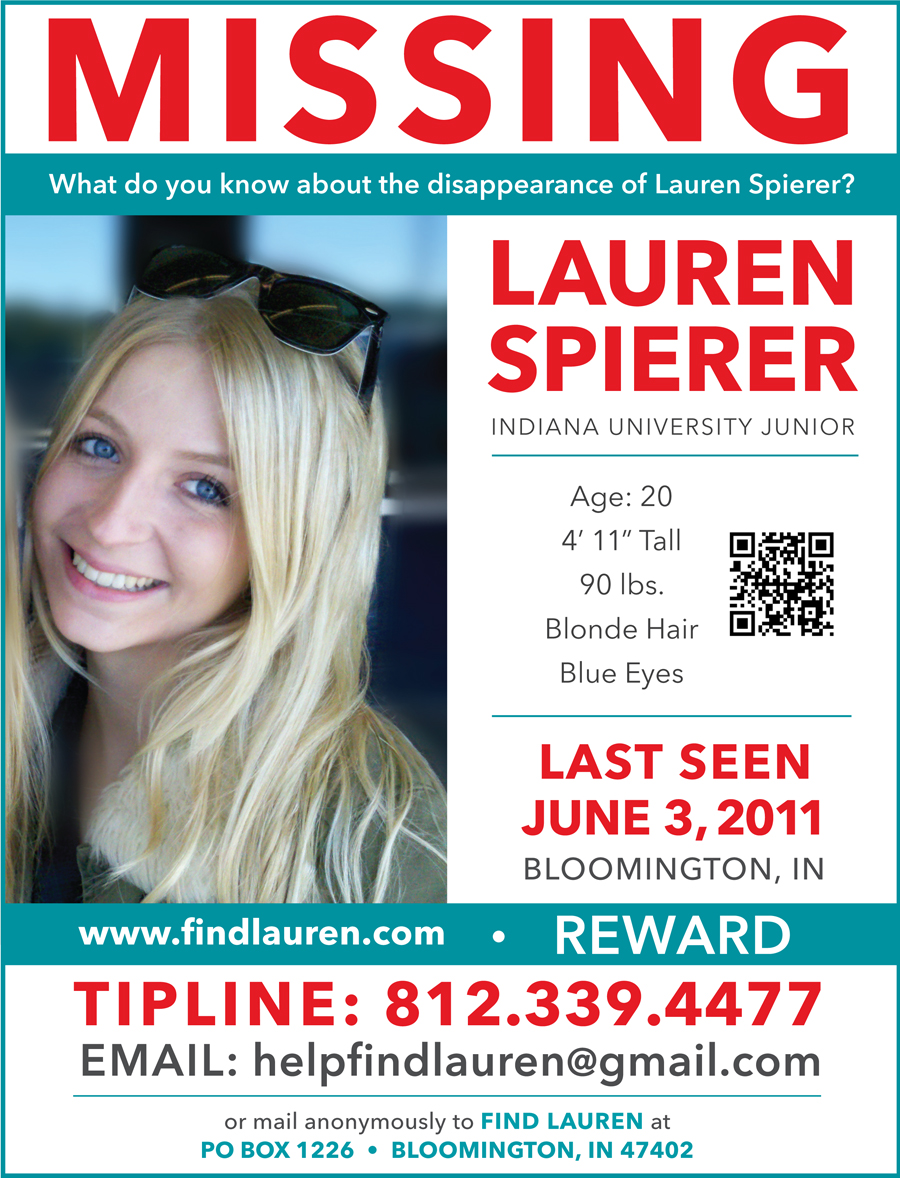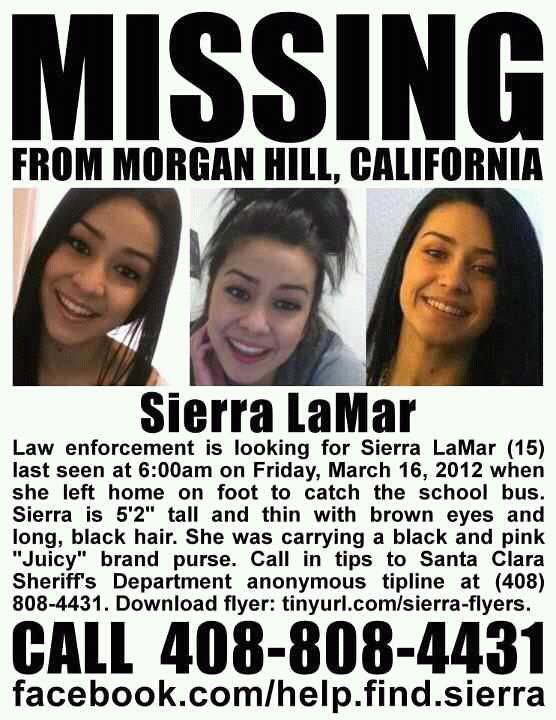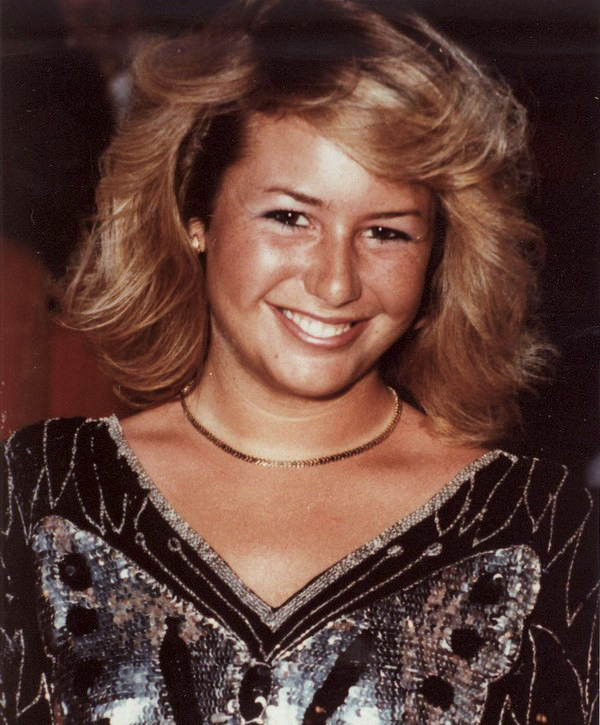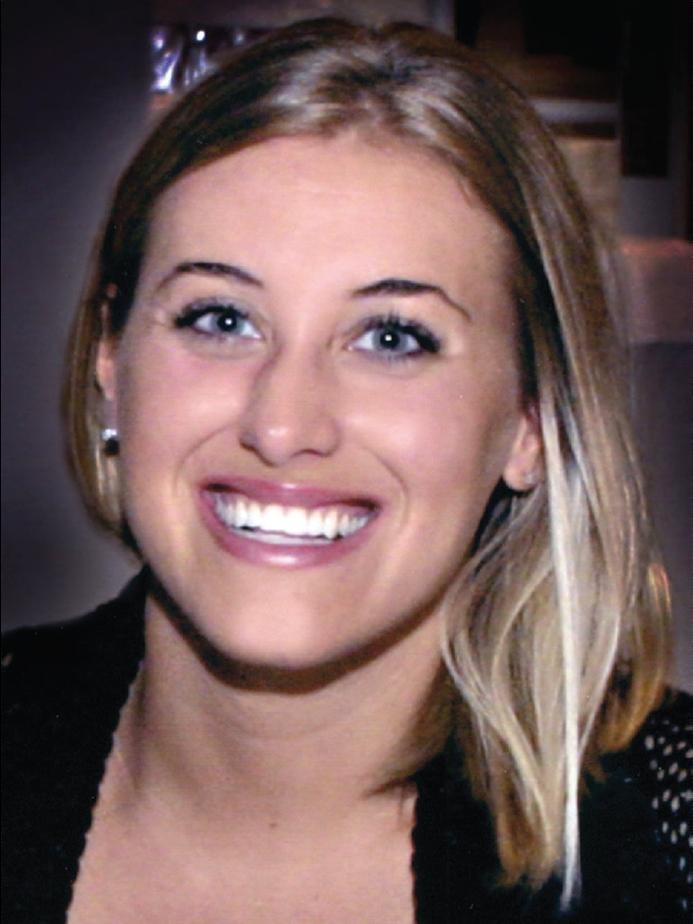Anatomy of a Filicide
 Tuesday, November 20, 2012 at 11:29PM
Tuesday, November 20, 2012 at 11:29PM Tony Pipitone from WKMG just reported that a search for “foolproof suffication” was performed on the Anthony family computer on June 16, 2008, the day Caylee Anthony died. Jose Baez claims that George did it, but Pipitone says that, according to the timeline, it couldn’t have been him. He was already at work. At the time, Casey’s cell phone was pinging in the immediate area of the house.
Baez wrote about this in his book. He waited for the information to be admitted during the trial, but the procecution never produced it. While it’s true the defense was part of the dicovery process, this was evidence each side had the opportunity to examine. It was not something Baez had to share since the State could have readily concluded the same thing. Unfortunately, OCSO missed it. Had it been introduced, the prosecution would have argued that the death could not have been an accidental drowning and it may have impacted the jury. Sadly, there’s nothing that can be done. Double jeopardy, you know. To most of us, this just adds to what we’ve believed for a long time — that Casey Anthony murdered her daughter and she’s still the most hated woman in America, if not the entire world.
This is a story I wrote and published on March 27, 2009, over three years before the trial. Take from it what you will. Originally, I put a disclaimer at the bottom, calling it a work of fiction. Today, I’m not so sure…
CAUTION! CONTAINS LANGUAGE NOT SUITABLE FOR ALL AGES
It’s a perfect day for a murder
Dear Diary,
Last night I had a terrible fight with my mother. I hate her guts. It’s the worst fight we’ve ever had. Sometimes, I can’t decide who I hate the most, her or Dad, but I am so pissed off, I wish she was dead. Him too. Why, oh why, does she think I am a bad person when it is her? She sucks. I want her out of my life. I need to get away from this house and these people forever.
If Tony would only take me away. He must. He’s got to help me. Why do I feel my life is such a mess? If only I didn’t have the brat. She is nothing more than a pain in my ass. Today, I will start my life all over again. With Tony. Or Ricardo. Or… OK, Jesse. If not Jesse… and SHE will never be with us, whoever I’m with. Jesse? If only you didn’t love her so much, we might still be together. Maybe not.
Mom? You think you can take her away from me, but I will never let you. She would make you so happy because she could be the daughter you’ve always wanted. It was never me. You never loved me. What do you think I should do with her? It’s too late. You can’t have her and I don’t want her. I’ve made my mind up and today is it. That little shit will never, ever ruin my life again. She is dead. Screw you all and you will never find out about her. You think I’m crazy, do you? I’ll show you what crazy is all about. You got it. I’ll get even with you. You won’t ever be able to spoil her again.
Dad? Eff you, you weak son of a bitch. You are such a pussy. You let Mom run all over you. I’ve had enough of you and you think you were such a hotshot cop. Oh yeah? You are nothing and you will never figure out what I did with her because I am way smarter than you. You can rot in Hell. Besides, you always loved Lee more than me. You both did.
Lee? Just go on living in your simple little world. God, if you only knew how much I’ve used you over the years, you’d realize just how stupid you are. So’s your girlfriend. Too bad you’re not here to say good bye.
Brat? Today is the day. You will never see me again. Better yet, I will never see you again. Even better still, your grandmother is going to really, really suffer and in the end, I will laugh at you all. Sleep late. I don’t want you seeing Ci Ci before she goes to work. That’s why our door is shut. OK, here, take Mommy’s nanny Zani pill.
I’ve been planning this day for a long time. It didn’t have to be today, but after last night, this is it. It had to come sometime, because I was going nuts. Today, I feel liberated. My mind is made up. What? You wonder why Mommy is in such a good mood? Quick, go see Grandpa Jo Jo before we go. I need to get ready.
OK, Baby, let’s get going. I’ll see you later, Dad. I’ve got some errands to run. C’mon, let’s go. Say good bye to Jo Jo. Tell him you love him. Yes, we’ll see you later. Wave to him as we drive away. Go ahead, Sweetheart.
12:40 pm
She didn’t really need to go anywhere early that afternoon. She just wanted to get out of that house, away from the pain of the night before, so she drove around, chatting endlessly on her cell phone with her boyfriend, Tony, her ex-boyfriend Jesse, and her then-best friend, Amy, never paying any attention to her daughter. She headed down Chickasaw Trail to Lee Vista Boulevard, where she killed some time, about a half hour, at the shopping plaza; then she took off up Narcoossee to Goldenrod. From there, she headed north to Curry Ford and turned into the Winn Dixie shopping center just to kill more time until her father left and the coast was clear. OK, let’s go home for a minute. Mommy forgot something. It was easy to tell her toddler that they needed to go back home. Besides, the little girl always felt safe and secure in that house. Maybe, she messed her pants and Mom forgot the pull-up diapers and the pack of Nice’n Toddler wipes and that angered her. Oh, Come on. You’re too old for this. Whatever, this was the day she had been planning for a long time. She was starting to feel happy again, something she hadn’t been since before the day her daughter was born. She started the car and drove east on Curry Ford until she turned south on Chickasaw to return to the neighborhood where she grew up.
3:00 pm
When they got back to the house, they went into the bathroom where she cleaned the little girl and dried her off . Then, she led her into the bedroom. Mommy will be right back. She went out to the garage to get the duct tape and a couple of trash bags. Then, she walked back in, took the bags into the bedroom and began peeling a swath of tape off the roll. Here, Mommy wants to play a little game. Come on, you little brat. She started to stick the tape around her head, from the left side of her face and far into her hair.
Mommy, what are you doing? the little girl wondered, unable to really speak like an adult and too tired too fight. Mommy, Mommy, Murfurlbalbl… The tape was now wrapped around the toddlers head and Mommy tore it off the roll, making sure it was stuck firmly to her mouth. She picked the small child up, who was lightly kicking and breathing through her nostrils, wimpering like crazy, as if begging for her life, but the pill had begun to take its toll.
Stop kicking, you little shit! Tears of fear were rolling off the little girl’s face as she struggled to free herself, but she was no match for her mother, as slight of build as she was. Finally, the Xanax she had given her earlier kicked in and the precious bundle of joy gave up. She set her daughter down and hurried into the bathroom to grab a bottle from under the sink. She poured the homemade chloroform onto a wad of folded up toilet paper, returned and held it against her daughter’s nose, just to make sure. All of the faith and trust this girl had in her mother was as weak as her now shallow breaths. What was so different this time as her mother picked her up, was how much heavier she seemed. I guess she never knew much about dead weight. Well, she was never as bright as she thought she was.
She carried her out into the back yard and walked up to the above ground swimming pool. The body made a light splash as it was dropped in. She held her under water until the bubbles stopped. It didn’t take long. The child-like breaths that once smelled like a field of fresh flowers on a breezy Spring day were forever silenced. The life she brought into this world was now dead by her own hands. To her, it was the most exhilarating, the most liberating feeling in a long, long time - until she tried to lift the child out of the water. Wow! This kid is heavy. She hadn’t thought about how much the water would log her down. She propped her little body against the edge of the pool, pulling her arms out and over the side. That gave her a chance to go get the pool ladder that would act as leverage as she struggled to pull the girl out of the water.
One of the things she’s known for is that she doesn’t like to follow directions. She’s never been good at finishing jobs, either. If her mother hadn’t been around to lecture and complain, her bedroom would have been a mess. When she pressed the ladder against the swimming pool, she never attached it firmly. That’s why the ladder was left next to the pool and it explains why she never closed the gate behind her. She never followed up on anything unless someone like her mother was behind her every step of the way and that angered her so.
3:30 pm
Fortunately for her, the pet dogs were napping when she re-entered the house. Casey always demanded that her parents stay out of her room. They always granted her wish for privacy. She was, after all, an adult woman and she needed her space. She walked into the bedroom, dropped her daughter onto the floor and put her soiled clothes into one of the bags. She dried the body and opened the other bag to put her little girl inside. Then, she pushed her under the bed, grabbed the bag of clothes and walked out of the room, shutting the door firmly behind her. She had to be very careful about making sure the door was properly closed. For one night, her bedroom was to be Caylee’s mausoleum. When she walked out the front door with bag in hand, she took one more brief look inside the house before locking the door. Good bye, she thought. Eff this house. No more fights. No more nagging. I am free, but she knew she had to come back tomorrow. This was enough work for one day.
 Dave Knechel | in
Dave Knechel | in  Casey Anthony,
Casey Anthony,  Caylee Anthony,
Caylee Anthony,  Cindy Anthony,
Cindy Anthony,  Computers,
Computers,  Dave Knechel,
Dave Knechel,  David B. Knechel,
David B. Knechel,  David Knechel,
David Knechel,  Frank George,
Frank George,  George Anthony,
George Anthony,  Jeff Ashton,
Jeff Ashton,  Jose Baez,
Jose Baez,  Linda Drane Burdick,
Linda Drane Burdick,  Marinade Dave,
Marinade Dave,  Marinade Dave Knechel,
Marinade Dave Knechel,  Marinade Dave’s Caylee Anthony Posts,
Marinade Dave’s Caylee Anthony Posts,  Ninth Circuit Court,
Ninth Circuit Court,  OCSO,
OCSO,  Orange County Sheriff’s Office,
Orange County Sheriff’s Office,  State Attorney's Office,
State Attorney's Office,  Tony Pipitone,
Tony Pipitone,  WKMG,
WKMG,  Yuri Melich,
Yuri Melich,  marinadedave |
marinadedave | 























 LEGAL NOTICE
©David B. Knechel. All Rights Reserved. No portion of this site can be reproduced in it's entirety or in part without expressed written permission by the owner/administrator of this site in accordance with the Digital Millennium Copyright Act. Section 512(c)(3) of the U.S. Copyright Act, 17 U.S.C. §512(c)(3). The charges against defendants are mere accusations and the subjects are presumed innocent until found guilty in a court of law.
LEGAL NOTICE
©David B. Knechel. All Rights Reserved. No portion of this site can be reproduced in it's entirety or in part without expressed written permission by the owner/administrator of this site in accordance with the Digital Millennium Copyright Act. Section 512(c)(3) of the U.S. Copyright Act, 17 U.S.C. §512(c)(3). The charges against defendants are mere accusations and the subjects are presumed innocent until found guilty in a court of law.
